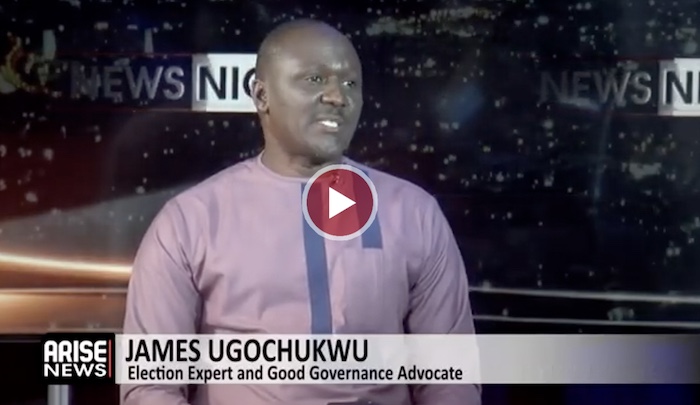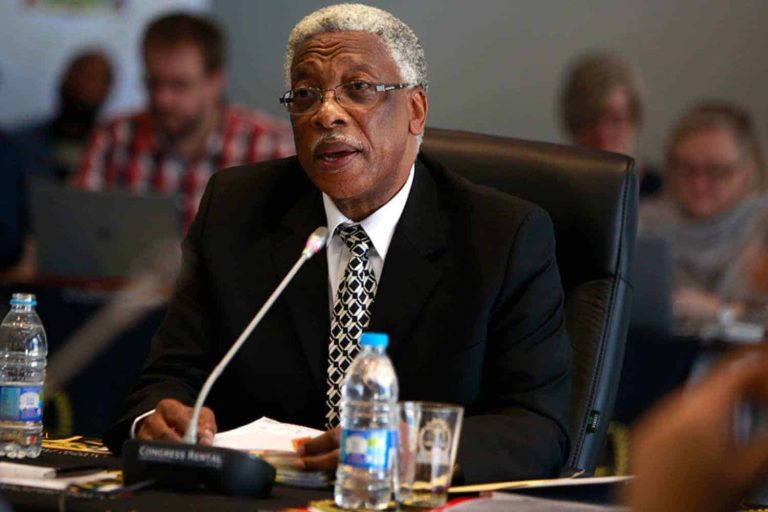

Election expert and good governance advocate, James Ugochukwu, has attributed Nigeria’s growing voter apathy to broken promises, insecurity, and manipulation of the electoral process, warning that citizens are losing faith in democracy because “the essence of governance delivering dividends of democracy has been neglected.”
Speaking in an interview with ARISE News on Tuesday, Ugochukwu, who also serves as Regional General Secretary of the Best African Civil Society Forum, said many Nigerians now feel disillusioned about voting because electoral outcomes are often decided in court rather than at the polling units.
“A lot of factors can be attributed to voter apathy. Number one is when electoral promises are not being kept by the political class. People begin to wonder what’s the point of going into the exercise any longer,” he said. “We have a system where people go to the polls, but the judiciary decides who the winner is at the end of the day. This kind of situation dampens the morale of voters.”
He also cited insecurity and operational lapses as key factors discouraging voter participation.
“Over time, we’ve seen elections marred by violence to the point of counting dead bodies during or after the polls. Even irregularities in the voter register frustrate people — they show up to vote and can’t find their names or discover last-minute changes in polling units. These experiences discourage participation,” he said.
Ugochukwu added that logistical failures by the Independent National Electoral Commission (INEC) also reduce voter confidence.
“On election day, people come out early, but voting materials and officials arrive hours late. These lapses dampen morale and show that we still have a lot to fix to make elections seamless and free of violence.”
Responding to comments by former Rivers State Governor Rotimi Amaechi, who said Nigerians must show up to vote if they want credible elections, Ugochukwu agreed that low turnout enables manipulation.
“Yes, people just have to show up and vote. It takes voter apathy for politicians to rig elections. If you have 1,000 registered voters and only 200 turn up, the remaining 800 votes can easily be manipulated through connivance between rogue election officials and party agents,” he explained.
“The more people turn up and stay back to protect their mandates, the harder it is to rig. Voting is one thing; ensuring your vote counts is another. Elections are won and lost at the polling unit.”
He praised civil society groups for playing a vital role in electoral reforms, adding that most of INEC’s innovations such as electronic voting and simultaneous accreditation were first proposed by them.
“Civil society has done a lot of work with electoral management bodies. Most reforms we see today came from their recommendations through memoranda, reports, and training of security operatives. Civil society also engages the media and legislators to strengthen the process and hold institutions accountable.”
Looking ahead to the 2027 elections, Ugochukwu said rebuilding voter confidence requires a collective effort across all sectors.
“It’s a multi-stakeholder affair. The political class must start voter mobilisation early instead of waiting to buy votes on election day. The media should intensify sensitisation. Civil society will continue voter education, and security agencies must ensure safety at polling units and prosecute those involved in vote buying,” he said.
Ugochukwu concluded that Nigeria’s democracy can only thrive when all stakeholders, political leaders, voters, civil society, and institutions play their roles responsibly to restore faith in the electoral process.
Boluwatife Enome



